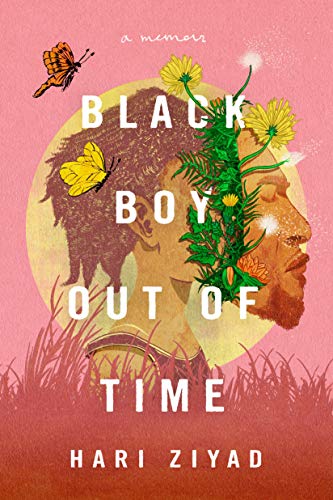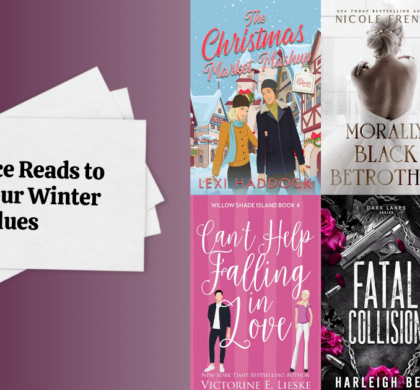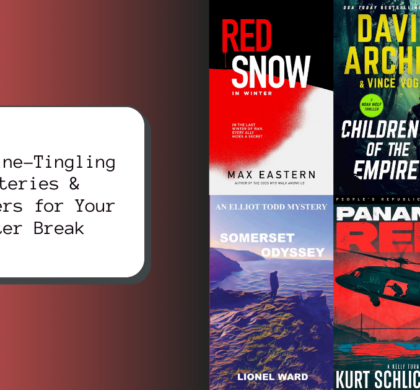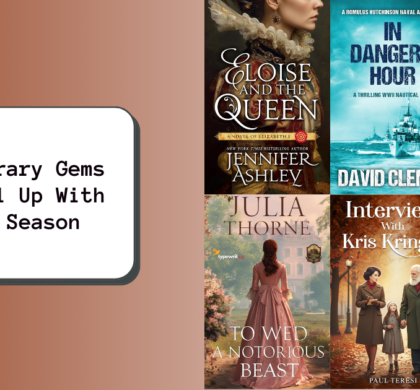Interview with Hari Ziyad, Author of Black Boy Out Of Time
02 Mar 2021
What can you tell us about your new release, Black Boy Out Of Time? Black Boy Out of Time is my debut memoir, chronicling my experience as one of nineteen children in a Black Muslim and Hindu blended family from Cleveland, OH, and the lessons I learned about gender, mental health, and prison/police abolition along the way. It is an attempt to map a journey to healing from racial and gender-based violence, with particular attention to healing my relationship with my mother before she died from cancer. It sounds heavy, I know, but it is much more than a tale of trauma! It’s a story about love, about family, about friendship and freedom, too. It was recently named an Amazon First Reads pick and has since become an Amazon best seller in multiple categories. What or who inspired you to become an author? I’ve been interested in storytelling for as long as I can remember. It is a legacy. My mother was so invested in the power of literature that she would read to her children while we were in the womb. Our immersion in the Hare Krsna community, a religion based largely in eye-popping myths documented in spiritual images that hung all throughout our home, did nothing to discourage my wonder for stories, or the possibility of creating new worlds with them. I started writing my first book when I was about eight years old. It was a fantasy novel about warring kingdoms on the supercontinent of Pangea, whose inhabitants lived alongside dinosaurs before an earthquake that would come and split the world in seven. I got about 100 pages in before adolescence called me away and toward sports and pretending I was interested in girls. In high school, I gravitated more toward storytelling through filmmaking, becoming the student production assistant for the television program and then attending film school at NYU. As a Black queer person with a burgeoning awareness of my identity and what it meant in relation to the world, the need for the new worlds that were made possible through storytelling was more pressing than ever, and I found myself on a mission to create them. But I quickly learned that there are only so many new worlds the film industry allows you to create (especially as someone not established in Hollywood), so after film school I returned to prose writing as a freelancer and started my own publication, RaceBaitr, to continue telling the stories I felt called to tell. Once I realized I could compile these stories into something like a book, I knew—again—what I was put on this earth to do. What’s on your top 5 list for the best books you’ve ever read? The Bluest Eye – Toni Morrison Their Eyes Were Watching God – Zora Neale Hurston The Broken Earth Trilogy – N.K. Jemisin Freshwater – Akwaeke Emezi In The Wake – Christina Sharpe Say you’re the host of a literary talk show. Who would be your first guest? What would you want to ask? Assuming this question refers to living authors, I am fascinated with Akwaeke Emezi, best selling author of Freshwater, Pet, and The Death of Vivek Oji. This fascination exists in part because of their very sparse social media presence, and in part because their experience as a non-binary person with both Indian and African roots resonates with me (and, of course, in part because of their brilliant prose). Aside from their background, I’d love to ask them about their process of writing non-binary and transgender characters, and what their process is like navigating a refusal to universalize their experience with gender to stand-in for all non-binary or trans people, as well as their process navigating making these lives accessible to a wider cisgender audience. What’s your favorite thing about writing? I love how it feels to figure something out you didn’t understand before—about yourself or the world—through writing. You don’t have to know where you will end when you sit in front of the page. You just have to be game for wherever the page takes you. That’s hard for me. I’m used to control, and I know that sometimes where the page takes me can be terrifying. So/but when I do let go, when I let the words lead me, it’s an exhilarating ride. An adventure. Terrifying too, but invigorating. As you can imagine, I am the type of person who loves rollercoasters! What is a typical day like for you? I wake up around 8 o’clock. Depending on how frigid it is (I live in New York), I spend the next fifteen minutes to an hour mustering up the courage to face the death-chill that will meet me once I escape the confines of my comforter. On my more productive days, I spend this fleeting time of sufficient warmth journaling my dreams—one of the few times my writing never sees the light of day—or reading. On Mondays, Wednesdays and Fridays, I then head to the gym I’m lucky enough to have in the basement of my building, down the five flights of stairs I’m unlucky enough to have to trod because we don’t have an elevator. Then I shower and walk my dog, by which point it’s approaching noon and I scream, “How the hell is it already approaching noon?” On Tuesdays and Thursdays, my neighbors aren’t subjected to this particular soundtrack of frustration. I have a breakfast of oatmeal or a protein shake while responding to emails and catching up on any other minor tasks. After lunch is my writing time, if my day hasn’t been colonized by meetings. Sometimes, writing time consists of composing tweets, engaging with supportive readership community I’ve built. Sometimes, writing time consists of me just staring at the computer. Don’t be fooled! This is productive, too. I am usually using this time to meditate about what it is I need to write—although I’m sure my eyes would prefer I meditate without looking without focus into so much blue light—and on good days this leads to a later spurt of productivity. It’s hard for me to write after sunset, so by then I’m settling down in the living room with my partner, fighting about what to stream and imbibing some medicinal herbs. What scene from Black Boy Out Of Time was your favorite to write? My favorite scene was chapter 12, when I write in the self-epistolary form to my younger self about meeting my partner and husband. It just felt so damn good to explore all of the feelings and ideas about love I imagined as a child, an imagination I have come so close to losing, and to be able to relay that those feelings and ideas were realized. It felt so damn good to be able to tell my younger self this, to remind them that they never had to give up on a care and a love that I could only dream of before. Do you have a motto, quote, or philosophy you live by? How can I love my community more tomorrow than I did today?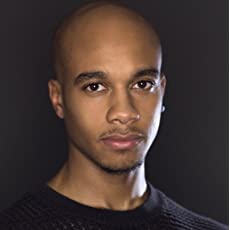
Sign up for our email and we’ll send you the best new books in your favorite genres weekly.
